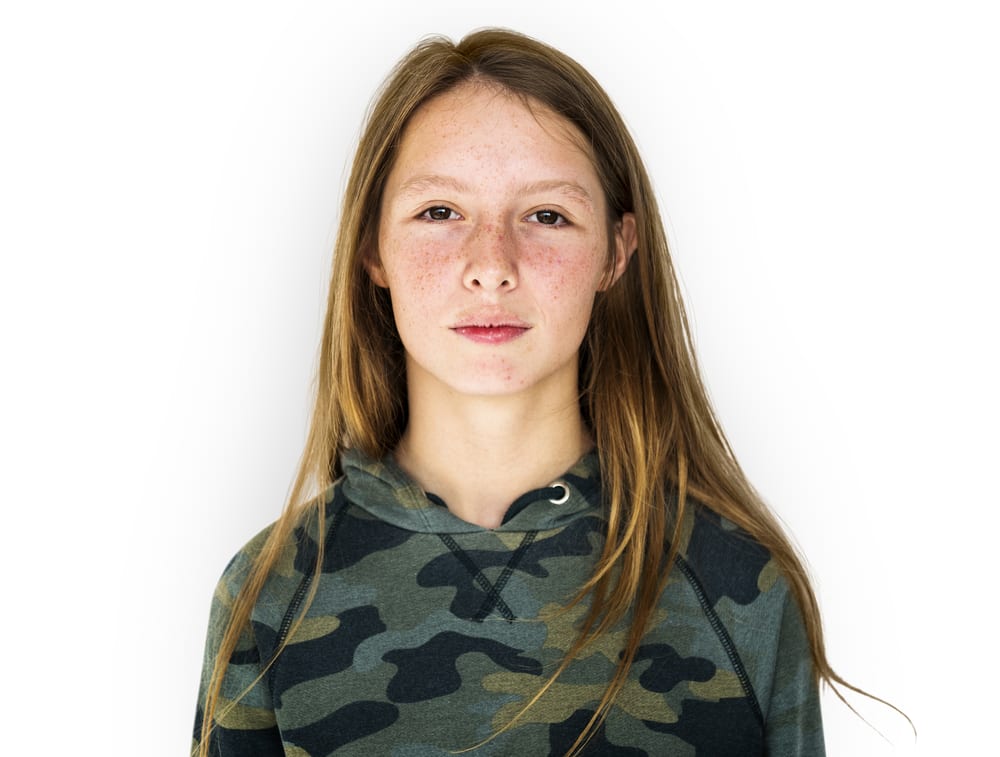Improved Care, Lower Costs Seen for Youth with Complex Behavioral Health Conditions
April 8, 2019

A Wyoming Department of Health (WDH) initiative designed to help keep Wyoming Medicaid-enrolled youth who have complex behavioral health conditions in their homes, in their schools and in their communities is leading to improved care and lower costs.
“We were seeing high numbers of youth who had difficult mental health challenges spending too much time in psychiatric residential treatment facilities,” said Teri Green, Division of Healthcare Financing senior administrator and state Medicaid agent. “We sincerely believed inpatient care wasn’t always the best approach for these children and their families, and we expected a different option would also lead to cost savings for Wyoming Medicaid.”
Wyoming Medicaid, which is part of WDH, contracted with Magellan Healthcare in Wyoming in 2015 to serve as what’s known as a care management entity (CME). The CME is working with WDH, as well as the Wyoming Department of Family Services, WyHealth (another Medicaid contractor) and CME providers across the state to bring people together from different areas of a family’s life to form a support team to help affected youth ages 4 to 20.
CME services are an added benefit provided at no cost to families that qualify for the program. Youth enrolling in the CME program must meet at least one Medicaid criteria for inpatient care and must be able to be safely and adequately served in the community.
As of February 2019, the program has served 943 youth with complex behavioral health needs enrolled in Wyoming Medicaid. Successful results include:
- In 2018, total Medicaid costs for youth with no affiliation with the CME program served in psychiatric residential treatment facilities cost $58,027 per youth. Total Medicaid costs during the same year for youth who graduated from the CME program were $14,898 per youth.
- Readmissions to inpatient psychiatric care for CME-enrolled youth decreased by 33 percent from 2015 to 2018.
- Medicaid claims data reveals a decrease in out-of-home placements for youth enrolled in the CME program for six months or more. In 2018, 16 percent of youth enrolled in the CME program were in some type of out-of-home placement. In 2016, 24 percent of enrolled youth were in an out-of-home placement.
- The length of stay in out-of-home placements has decreased for youth enrolled in the CME. The average length of inpatient stays for youth enrolled in high fidelity wraparound decreased 62 percent from 2016 to 2018.
“Clearly, community-based alternatives to institutional care can work to help youth remain safely in or near their homes, while also reducing costs to Wyoming Medicaid,” Green said.
The CME uses an approach known as “high fidelity wraparound,” a nationally recognized, evidence-based service delivery model. Guiding principles include:
- Family voice and choice
- Team- and community-based approach
- Natural supports
- Culturally appropriate
- Individualized strength-based plans of care
Tammy Cooley, director of operations for Magellan in Wyoming, said Wyoming youth who struggle with complex behavioral health challenges receive additional care coordination services unique to their situations. CME services work to teach families skills to manage complex behavioral health needs, and identify additional supports the family can readily access after CME program services end.
“It’s important for people to have options fitting their needs. We connect young people to services in their community or via the use of telehealth so they may access healthcare where they live,” Cooley said.
“Our model provides parents a way to become connected or stay connected to the kinds of individualized support their children need,” Cooley said. “This doesn’t mean a youth will never need hospitalization. It means there is an additional option available for the kind of ongoing support they will need after a hospital stay, so they may be better able to remain at home, in school and out of trouble.”
Services available include family care coordination, adult peer support, youth peer support and respite care. The CME program helps children and youth:
- Stay connected to family
- Develop life skills
- Keep ties to their communities,
- Become successful, healthy adults
For more information about Wyoming’s CME program, visit https://www.magellanofwyoming.com/ or call 307-459-6159.
